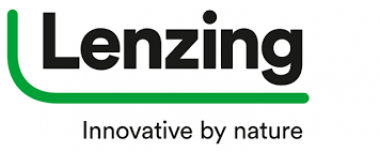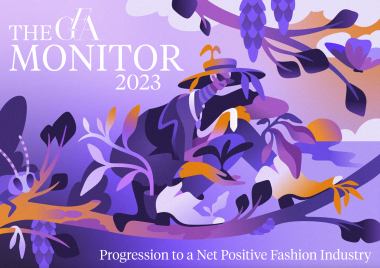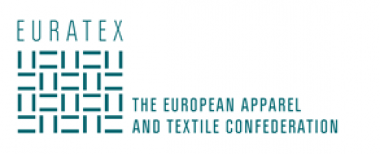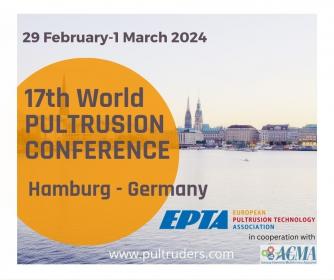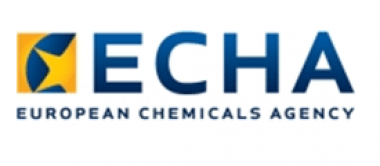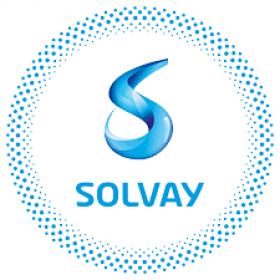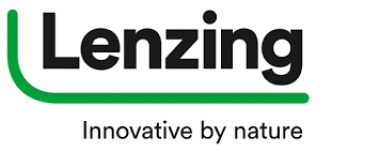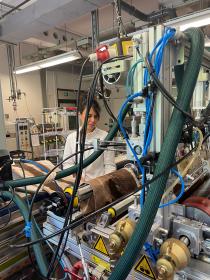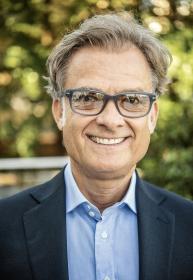Lenzing: Impairment requirements (EBIT) for the financial year 2023
- EBITDA of around EUR 300 million expected for 2023
- Non-cash impairment losses of up to EUR 480 million
- Implementation of the performance program fully on track
The annual valuation of assets in accordance with IFRS for the entire Lenzing Group both nationally in Austria and internationally, has resulted in a projected asset impairment of up to EUR 480 million for the 2023 financial year.1 The reasons for the impairment requirements are, on the one hand, continued uncertainties in the economic environment and, on the other hand, still increased raw material and energy costs as well as a higher interest rate environment.
The impairment losses are non-cash effective and have no impact on the full-year EBITDA for 2023, but do affect EBIT for the 2023 financial year. The Managing Board is specifying the previous earnings forecast for the 2023 financial year (EBITDA: EUR 270 – 330 million) and expects an EBITDA of around EUR 300 million.
Stephan Sielaff, Chief Executive Officer of the Lenzing Group: “In the third quarter of 2023, we responded to the persistently difficult market environment and launched a comprehensive performance program, which we have been consistently implementing since then with a focus on positive free cash flow and stronger sales and margin growth. We can therefore confirm our earnings forecast with an EBITDA of around EUR 300 million. The valuation adjustment in accordance with IFRS does not change the strategic orientation of the Lenzing Group.”
Nico Reiner, Chief Financial Officer, adds: “The implementation of the performance program is going according to plan. In the future, cost measures alone are expected to contribute more than EUR 100 million to earnings annually, of which more than EUR 50 million will already be effective for the 2024 financial year. We are on target, particularly in terms of strengthening free cash flow, and we also achieved positive free cash flow in the fourth quarter. The revaluation of assets is now consistent and the right step for the future direction.”
The 2023 annual results will be presented on March 15, 2024.
1 Subject to potential changes resulting from the ongoing financial audit
Lenzing AG


